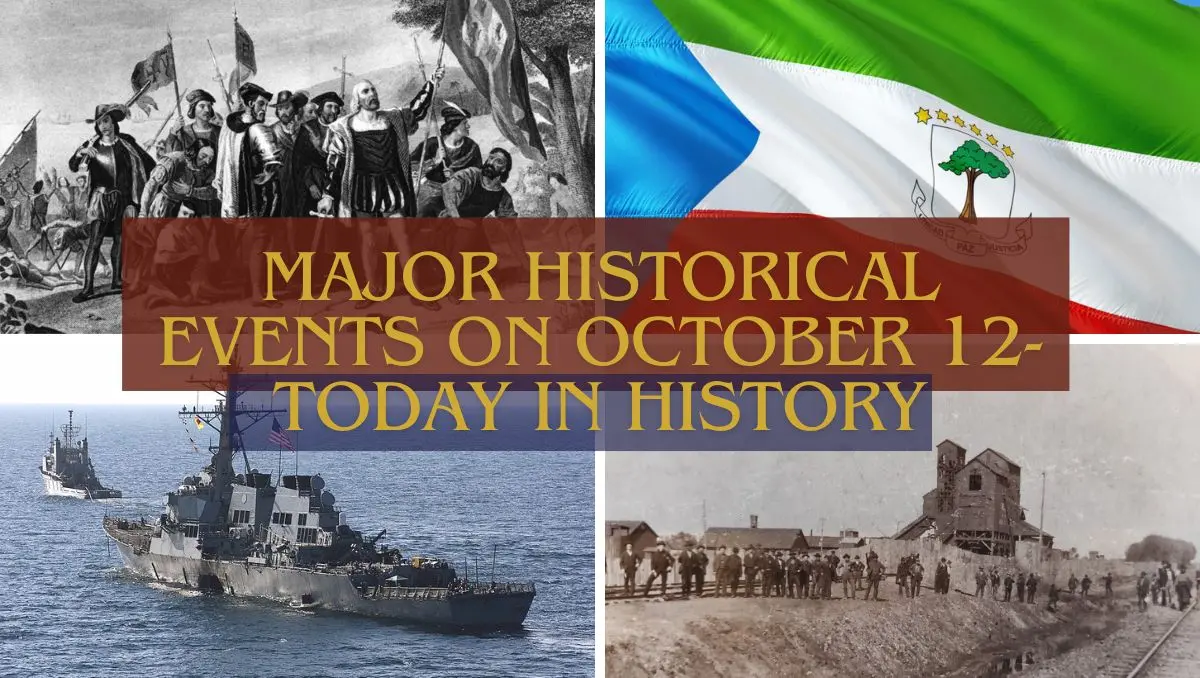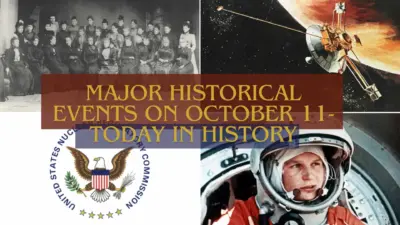October 12 has seen its fair share of significant moments that shaped the world as we know it today. Let’s delve into the major historical events that occurred on this day.
Major Historical Events on October 12- Today in History
- Columbus “Discovers” the New World – 1492 AD
- The First Oktoberfest – 1810 AD
- Birth of Ramsay MacDonald – 1866 AD
- Eugenio Montale’s Birth – 1896 AD
- Virden Mine Riot – 1898 AD
- White House Renamed – 1901 AD
- Edith Cavell’s Execution – 1915 AD
- First Spacecraft with Multiple Crew – 1964 AD
- Equatorial Guinea’s Independence – 1968 AD
- The World’s Strongest Storm – 1979 AD
- Matthew Shepard’s Tragic Death – 1998 AD
- Wilt Chamberlain’s Passing – 1999 AD
- USS Cole Bombing – 2000 AD
- Nobel Peace Prize for the UN – 2001 AD
Columbus “Discovers” the New World – 1492 AD
On October 12, 1492, Christopher Columbus and his crew sighted land in the Caribbean, marking the European discovery of the Americas and igniting centuries of exploration and colonization.
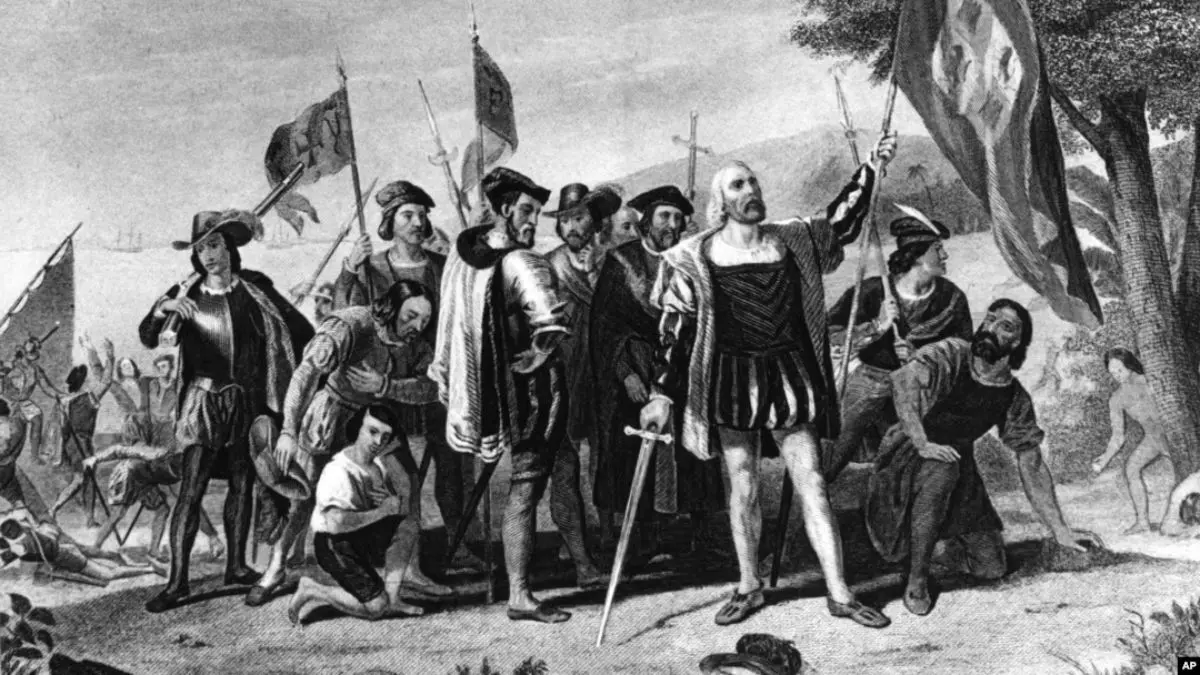
The First Oktoberfest – 1810 AD
In 1810, Munich held its first Oktoberfest, marked by a horse race to celebrate the marriage of Crown Prince Ludwig (later King Louis I) to Princess Therese von Sachsen-Hildburghausen. This event laid the foundation for the world-famous festival.
Birth of Ramsay MacDonald – 1866 AD
Ramsay MacDonald, the first Labour Party prime minister of the UK, was born in 1866. He led the Labour governments of 1924 and 1929-31, and later the national coalition in 1931-35.
Eugenio Montale’s Birth – 1896 AD
Eugenio Montale, a Nobel Prize-winning Italian poet and literary figure, was born in 1896 in Genoa. His profound contributions to literature earned him the Nobel Prize for Literature in 1975.
Virden Mine Riot – 1898 AD
In 1898, a violent riot erupted in Virden, Illinois, when coal miners protested against the use of strikebreakers. This marked a crucial moment in the history of labor unions and workers’ rights.
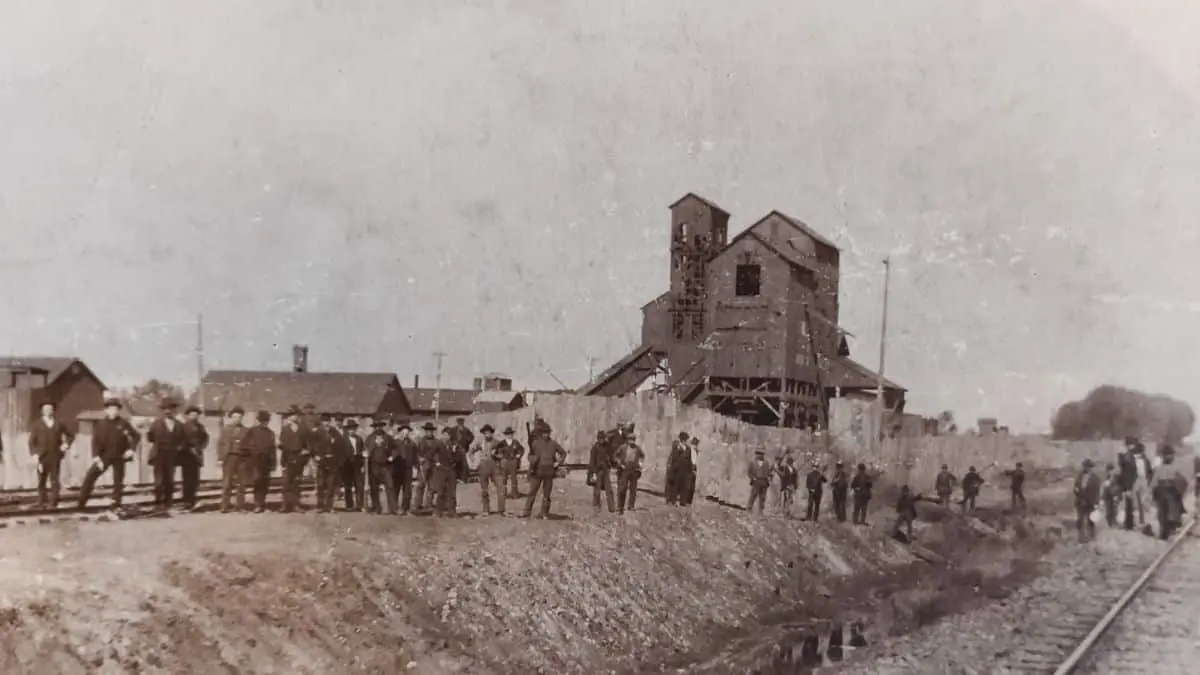
White House Renamed – 1901 AD
In 1901, President Theodore Roosevelt officially renamed the Executive Mansion to the White House, solidifying the iconic title for the presidential residence at 1600 Pennsylvania Avenue.
Edith Cavell’s Execution – 1915 AD
English nurse Edith Cavell was executed by German forces during World War I in 1915 for aiding Allied soldiers’ escape from occupied Belgium, becoming a symbol of wartime heroism.
First Spacecraft with Multiple Crew – 1964 AD
In 1964, the Soviet Union launched Voskhod 1, the first spacecraft to carry more than one crew member. It set records for space travel, including sending a physician and an engineer into orbit.
Equatorial Guinea’s Independence – 1968 AD
In 1968, Equatorial Guinea gained independence from Spain, becoming one of the smallest and wealthiest African nations due to its vast oil reserves.
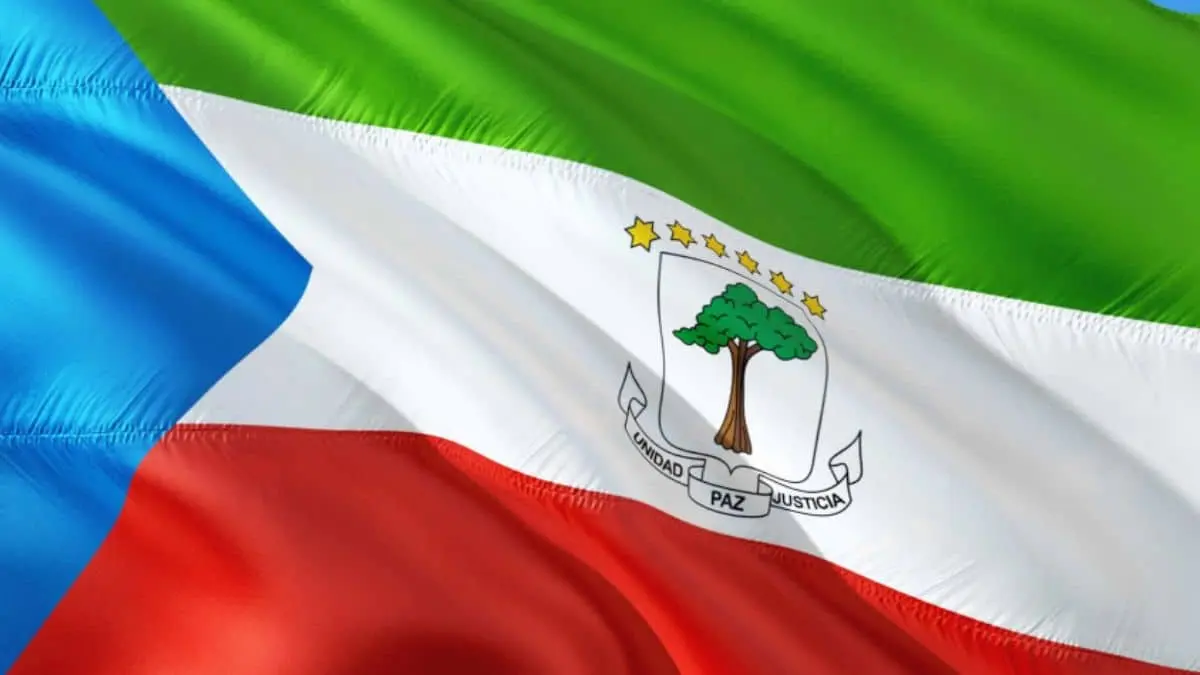
The World’s Strongest Storm – 1979 AD
In 1979, Typhoon Tip was recorded as the most intense tropical cyclone ever, with winds reaching 190 mph and a diameter of 1,380 miles—spanning the distance from New York to Dallas.
Matthew Shepard’s Tragic Death – 1998 AD
In 1998, American student Matthew Shepard succumbed to injuries from a brutal hate crime in Wyoming, leading to widespread awareness and expansion of U.S. federal hate-crime legislation.
Wilt Chamberlain’s Passing – 1999 AD
Basketball legend Wilt Chamberlain, renowned for his unparalleled offensive skills, passed away in 1999 at age 63, leaving behind an indelible legacy in the sport.
USS Cole Bombing – 2000 AD
In 2000, suicide bombers attacked the USS Cole in Yemen, killing 17 sailors. The al-Qaeda-linked attack highlighted vulnerabilities in U.S. military operations and stirred global anti-terrorism efforts.
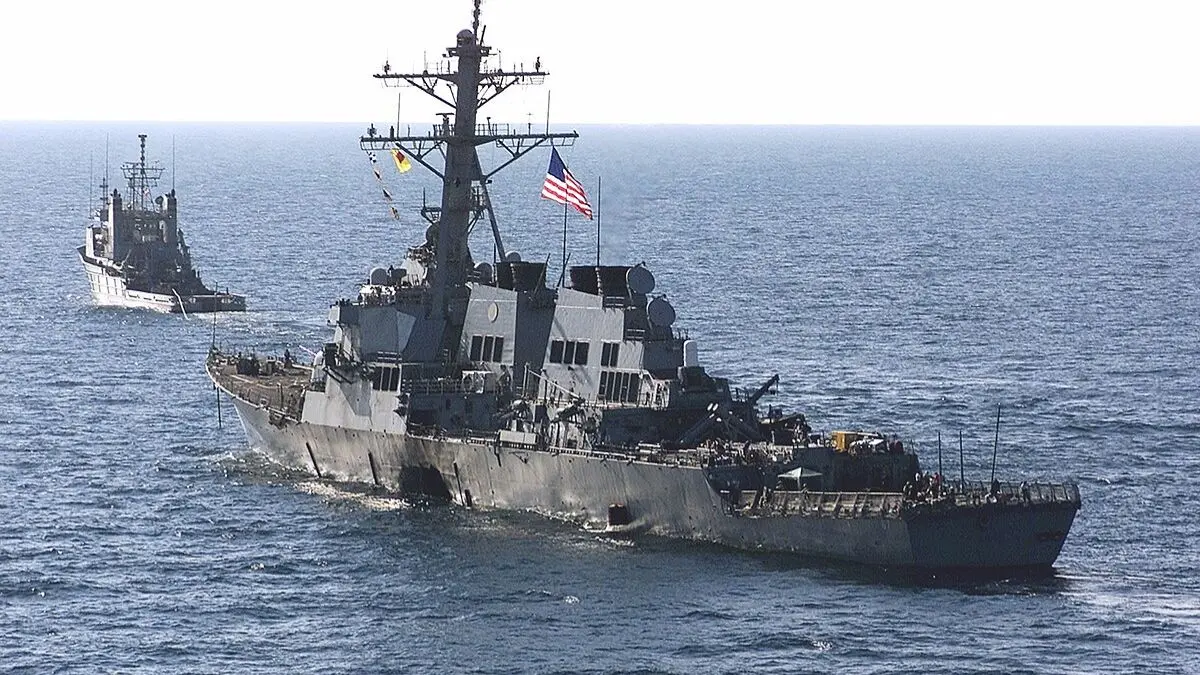
Nobel Peace Prize for the UN – 2001 AD
In 2001, the United Nations and its Secretary-General Kofi Annan received the Nobel Peace Prize, recognizing their efforts in promoting global peace and security.
Also Read: Major Historical Events on October 11- Today in History

